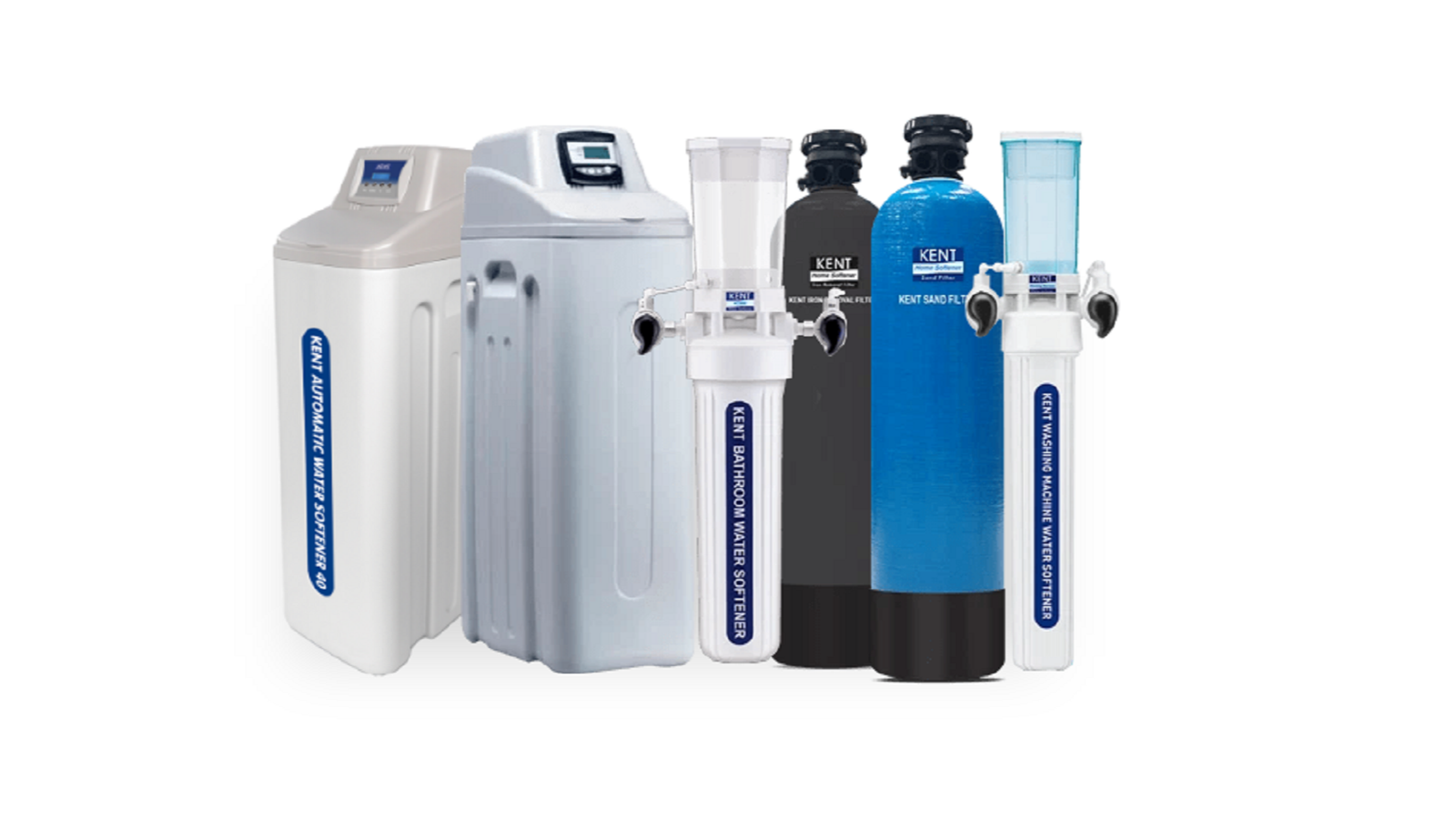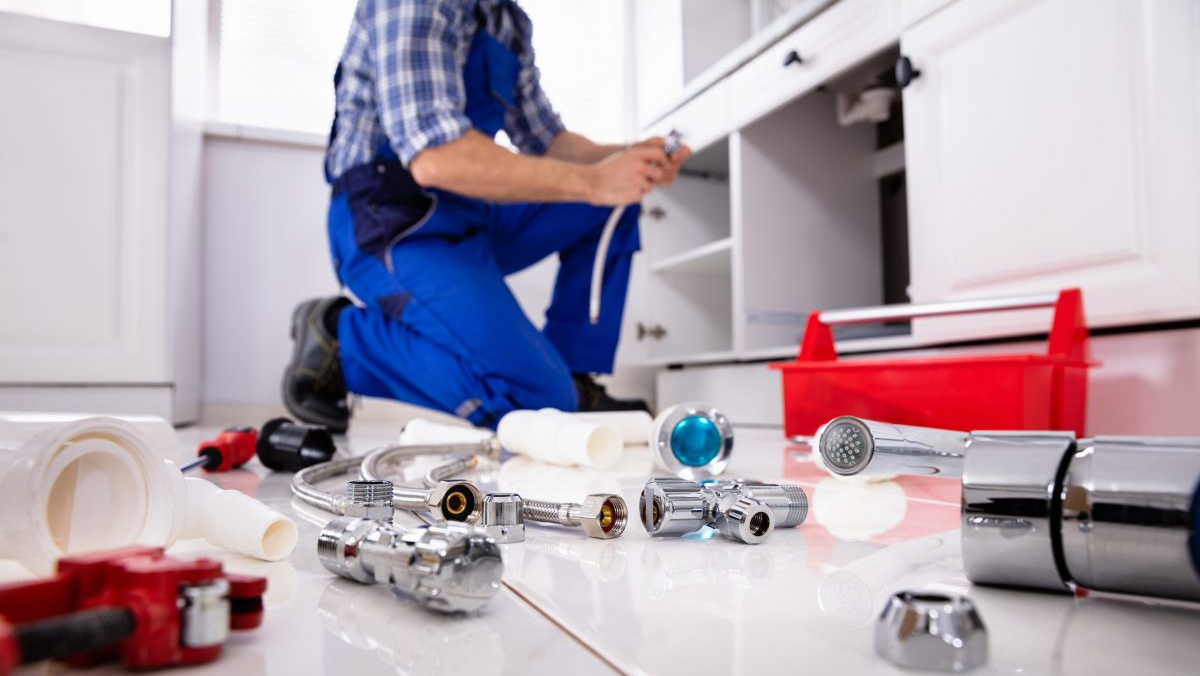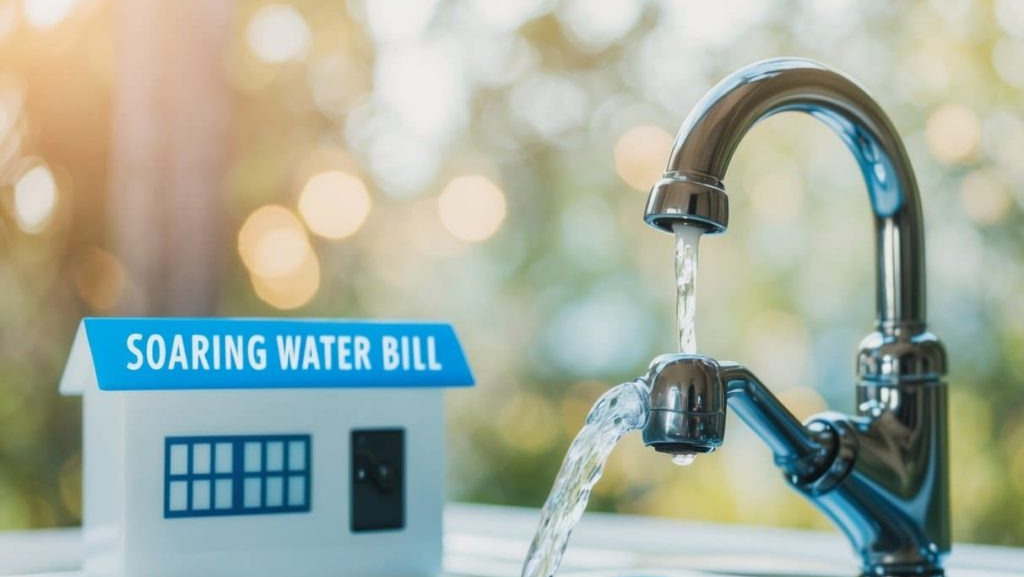Now Reading: Do Water Softeners Filter Water? Surprising Truth You Need in 2025
-
01
Do Water Softeners Filter Water? Surprising Truth You Need in 2025
Do Water Softeners Filter Water? Surprising Truth You Need in 2025

Table of Contents
Clean water is essential for every household. From drinking and cooking to washing and bathing, the quality of your water plays a big role in your health and comfort. Many homeowners rely on water softeners to reduce the hardness of their water. But a common question often arises does a softener filter water too? The short answer is: not exactly, but it depends on what you mean by “filter.”
Let’s explore how a water softener works, what it removes, what it doesn’t, and how it compares to a water filter.
What Is a Water Softener?
A water softener is a system designed to remove hardness-causing minerals mainly calcium and magnesium from water. These minerals are what cause scale buildup in your pipes, water heaters, and appliances. Hard water can leave white spots on dishes, make soap less effective, and even dry out your skin and hair.
Softeners usually work through a process called ion exchange. Here’s how it goes:
- Hard water enters the softener tank filled with tiny resin beads.
- These beads are negatively charged and attract the positively charged calcium and magnesium ions.
- As water flows through, the beads trap these hardness minerals and release sodium or potassium ions in exchange.
- The result is “softened” water, which feels smoother and helps reduce scaling issues.
But Is That Filtering?
To understand if a softener filters water, we need to define what filtering means in water treatment terms.
Filtering typically refers to removing particles, contaminants, or impurities from water using physical barriers like activated carbon, ceramic filters, or membrane systems. These filters can catch things like:
- Chlorine and its byproducts
- Sediment and dirt
- Microorganisms like bacteria and viruses
- Heavy metals like lead or mercury
- Pesticides and industrial chemicals
In contrast, a softener is not designed to do this kind of filtering. It focuses on exchanging specific minerals, not trapping or removing a broad range of pollutants.
What Does a Water Softener Remove?
Let’s break it down clearly. A water softener does remove:
- Calcium
- Magnesium
- Some iron (only ferrous or dissolved iron in small amounts)
It does not remove:
- Chlorine or chloramine
- Sediment and rust
- Bacteria or viruses
- Lead, arsenic, nitrates, or fluoride
- Foul tastes or odors
So while it changes the composition of the water, it doesn’t purify it the way a filter does.
Why the Confusion Between Softeners and Filters?
Many homeowners assume that because their water feels better after installing a softener, it must also be cleaner. The confusion often stems from improved texture and soap efficiency common benefits of softened water but these don’t necessarily mean the water is free from harmful contaminants.
Also, some water treatment systems combine both softening and filtration technologies in one unit, leading people to believe the terms are interchangeable. However, unless it’s a hybrid system or includes an added filtration component, a traditional water softener alone does not provide filtered water.
Do You Need a Water Filter If You Have a Softener?
Yes, in most cases. If your goal is to ensure safe, clean, and great-tasting water, a water filter is still necessary. The type of filter you need depends on the quality of your water source and what you want to remove.
Here are a few popular filter options that can work alongside your softener:
- Activated Carbon Filters: Ideal for removing chlorine, taste, and odor
- Sediment Filters: Best for capturing sand, dirt, and rust particles
- Reverse Osmosis (RO) Systems: Highly effective for removing almost all contaminants, including dissolved salts, bacteria, and heavy metals
- UV Purifiers: Good for disinfecting water from bacteria and viruses
Combining a softener with the right filter system ensures both the functionality of your appliances and the safety of your drinking water.
What If You Only Use a Softener?
If you rely solely on a water softener, your water might feel better but could still contain harmful substances. In cities, water often contains chlorine or chloramine as a disinfectant, which can affect taste and may pose health risks over time. In rural areas, well water might contain nitrates, bacteria, or agricultural runoff, which softeners won’t handle.
So, while your pipes might thank you for the reduced scale buildup, your body could still be exposed to things you’d rather not drink.
Final Verdict: Softeners and Filters Serve Different Purposes
To summarize:
- A water softener is not a filter. It removes hardness minerals through ion exchange but does not purify or disinfect water.
- A filter removes contaminants, making your water safer and more pleasant to consume.
- For most households, a combination of both systems offers the best solution—softened water for your appliances and filtered water for your health.
If you’re thinking about upgrading your home water system, consider getting your water tested first. That way, you can choose the right mix of softening and filtration based on your specific needs.
Conclusion
Water softeners are excellent at reducing scale and improving water feel, but they don’t replace the need for filtration. Knowing the difference between these two systems can help you make a smarter decision for your home and health.
Read More:- Shobha Realty Launches Its Most Luxurious Project Yet—Full Details Inside 2025






















